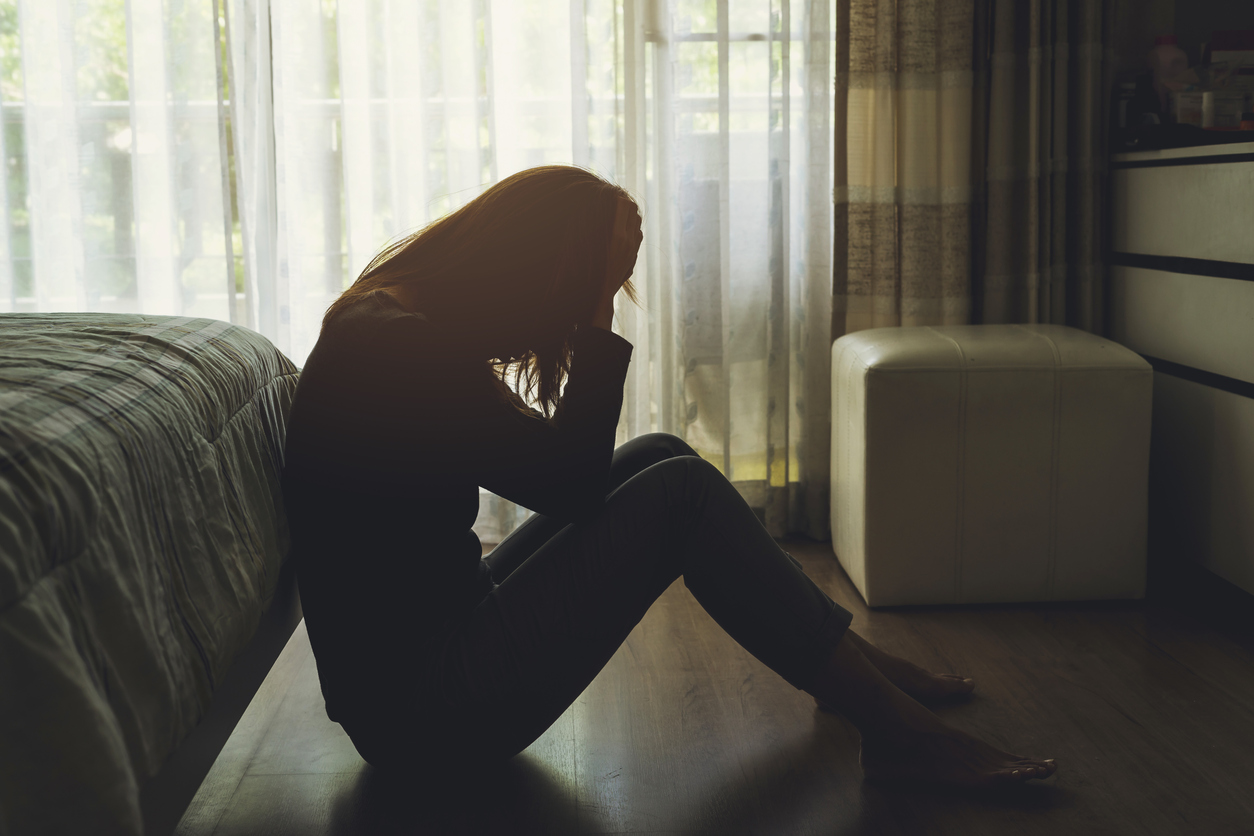Living with Chronic Pain
Dealing With Feelings of Powerlessness

Chronic pain can interfere with well-being, work, social life, and mental health. It may also impact the ability to maintain daily activities, such as driving, dressing, cooking, physical activities, etc. Planning ahead is often difficult due to the uncertainty of pain and treatment plans. Uncontrollable conditions, such as the weather, may worsen pain symptoms.
Chronic pain can cause feelings of being powerless, especially with life circumstances. Frustration and hopelessness may occur, which can lead to not seeking appropriate health care. Tackling these feelings of powerlessness is not an easy task; however, there are ways to try to counteract them.
Focus on what is controllable
When a person experiences chronic pain, they may have to give up many enjoyable things. For instance, pain may halt the possibility of going for a run. While it is normal to mourn the things that are lost, comfort can be found by identifying and highlighting things that are controllable. Substitutions or alternative versions can still be enjoyed and should be focused on.
Personalize
Many people with chronic pain have difficulty accepting the fact that a mobility device may be needed. Although the need for accessibility tools may be uncontrollable, there are ways to personalize them to match the owner’s personality. For example, stickers, paint, or custom spoke guards for a wheelchair can acknowledge the power to change things.
Communicate
When feelings of powerlessness appear, talking to someone is beneficial. Friends, family members, health care providers, etc., may be able to help a person who feels stuck and powerless. It may be as simple as discussing a decision with a friend or mentioning to an in-home care worker a preference on folding clothes. Although all requests may not be accommodated, asking is the only way to find out.
Practice acceptance
Many people with chronic pain spend a lot of time in denial about their condition. Loss of control is difficult. Becoming distressed when not having full authority over a situation is common. Grasping for control that is impossible to gain can lead to deeper feelings of frustration and powerlessness. Acknowledging that certain things are uncontrollable allows acceptance for what can be controlled. Acceptance does not mean that a situation is right or fair, but merely allows understanding for the way things are currently.
Challenge the thoughts
Incorrect thoughts can trigger feelings of powerlessness. When these thoughts arise, talk back to them by coming up with evidence that supports other ideas. For instance, a person who thinks that they will never reach their physical therapy goal might challenge that thought by remembering other targets that have been met. They may remind themselves that reaching the goal may be time-consuming, but progress is sometimes slow and not always linear.
Seek psychological therapy
Psychological therapy can be beneficial for a person who has chronic pain for many reasons. This is especially true when working through feelings of powerlessness and helplessness. Some psychological therapists specialize in working with individuals with a chronic pain condition and have a better understanding of how to help.
Additional sources: ScienceDirect, Health Central and Verywell Mind


















